
By Kingsley Webora TANKEH
Panellists at the just-ended Ghana Economic Forum (GEF) 2025 have called for a renewed focus on efficiency, technology and renewable energy as sustainable means to address the country’s ballooning energy sector debt and ensure reliable yet affordable power supply.
The experts agreed that investing in efficient technologies and diversifying Ghana’s energy mix through renewables such as solar, gas and nuclear power offers a more lasting solution than continually increasing tariffs.
Setting the tone for this discussion, Technical Advisor at the Ministry of Energy and Green Transition Dr. Ishmael Ackah – speaking on behalf of the sector minister – highlighted systemic failures and weak oversight as root causes of the current power challenges and legacy debt. He noted that the sector’s debt, estimated at about US$3.1billion owed to Independent Power Producers (IPPs), underscores the urgent need for reforms to restore financial stability and efficiency.
“In 2006, the Energy Commission developed a strategic national energy plan. Unfortunately, this plan was not implemented,” Dr. Ackah stated.
He noted that this failure to plan is endemic in the entire national development process, stressing that it causes panic-driven procurement of overpriced energy during emergencies – plunging the sector into ‘dumsor’ and cyclical debt.
“We signed take-or-pay contracts for power we didn’t need and the bill, as always, landed at the Ghanaian people’s feet,” the Technical Advisor said.
He expressed concern over persistent inefficiencies and revenue losses within the energy sector, citing procurement practices that have not always served the state’s best interests. Such practices, he noted, have deprived the country of vital resources that could have been channelled into critical areas such as education and health infrastructure.
Dr. Ackah advocated greater transparency and accountability in managing the sector’s finances, adding that improved governance and oversight will help reduce waste and ensure value for money in future energy investments.
“In 2015, we did competitive procurement for solar and got a price less than US$0.10. We did not implement that. We actually signed solar projects that were US$0.18 and US$0.21.” This is a clear example of how not to run a sector.
Corroborating Dr. Ackah, Executive Director-Africa Centre for Energy Policy (ACEP) Benjamin Boakye expressed concern over the mounting energy sector debt, saying it is an albatross – “bigger than our annual investment in infrastructure”.
This means the money being poured into servicing this legacy debt is greater than the money spent to build roads, schools and hospitals, he explained.
“If we are able to take the energy sector burdens from the Ministry of Finance, we could perhaps double government investment in infrastructure. Your roads will be fixed,” he said.
The experts made these comments during a panel session at the GEF 2025, themed ‘Financing the future, tackling legacy debt and building a resilient economy.
They enumerated actionable remedies for the ailing energy sector to build a system capable of powering the country’s industrialisation agenda.
These included prioritising renewable energy in the nation’s energy mix, promoting accountability and ramping up tariffs-collection.
The experts argued that the sector’s problems are suffocating national development and the solutions require political will and systemic reform.
According to Dr. Ackah, among the factors needing immediate attention are non-cost-reflective tariffs despite them being among the region’s highest; and inefficiencies – from unmetered streetlights to widespread power-theft, which he fondly called “you touch”. He stressed that the sector’s unbudgeted subsidies for specific industries amounted to over US$190million in 2021 alone, further bloating the debt.
However, Dr. Ackah outlined ongoing government efforts including renegotiating Independent Power Producers’ contracts – which has secured a US$261million discount on legacy debts – and the recent passage of a Legislative Instrument mandating competitive procurement for power generation.
He also highlighted improved revenue collection by the Electricity Company of Ghana (ECG), which has risen from an average of GH¢800million monthly to GH¢1.5billion. However, this remains lower than the required GH¢2.4billion estimated by the Public Utilities Regulatory Commission (PURC).
In contrast, a partner at KPMG Ghana, Reindolf Annor, called for transparency; saying the increase in revenue can be attributed to tariff-hikes rather than supposed efficiency.
“We need transparency from the very top. How much have we collected from the energy levies? How much has been used to reduce the sector debt?” he quizzed, arguing that such accountability will build credibility.
He called for key performance indicators (KPIs) for state-owned energy enterprises, with severe consequences for non-performance. “If we want to turn it around, then there must be clear KPIs. If you are not performing, then decisions ought to be taken.”
The Chief Executive Officer (CEO) of the Chamber of Independent Power Producers, Dr. Elikplim Kwabla Apetorgbor, proposed monetising state-owned thermal plants and selling idle capacity to neighbouring countries to rope-in more revenue to offset the debt.
“We are blessed to be surrounded by countries that are hungry for electricity. We should free the system and allow this idle capacity to be sold outside,” he urged.
The panellists concurred that the current energy model is too expensive and inefficient, calling for the addition of renewable and cost-efficient sources to the mix.
The Technical Director of ESPco Nuclear, Dr. Nii Kwashie Allotey, challenged the notion that renewables are incompatible with industrialisation.
“Today we are running simple cycle plants at US$0.11 per kilowatt-hour. We can get the same energy from renewable energy for less than US$0.10,” he argued, citing China and India as industrial giants that use renewables.
He and the others stressed that offsetting the legacy debt shouldn’t come at the expense of local industry.
“We’ve reached a point where you are killing the goose that lays the golden eggs,” Dr. Allotey warned, alluding to the burden of high tariffs on industries.
Going forward, Head of Engineering Unit-Volta River Authority (VRA) Kwaku Wiafe made a case for government investing in nuclear energy so it becomes the baseload complement to hydro- and gas-powered plants.
He also called on government to establish a board for the Nuclear Energy Programme Implementation Organisation, adequately resource the project operating organisation (Nuclear Power Ghana) and view nuclear as a national transformation agenda, not just a power source.
“Countries are giving tariffs for nuclear from US$0.29 for plants that are already paid for to about six cents for new plants,” he revealed, presenting it as a viable, long-term solution for affordable, stable power.
The Ghana Economic Forum (GEF) 2025, organised by Business and Financial Times (B&FT), fostered in-depth discussions on critical issues shaping the Ghanaian economy.
The 14th edition was sponsored by Fidelity Bank and KPMG. The event, themed, ‘Currency stability – A reset for sustainable economic growth’, gathered technocrats, policymakers and stakeholders in finance, energy and agriculture to explore solutions for Ghana’s economic challenges.
The post GEF2025: Experts urge efficiency, renewables to tackle US$3.1bn energy sector debt appeared first on The Business & Financial Times.
Read Full Story
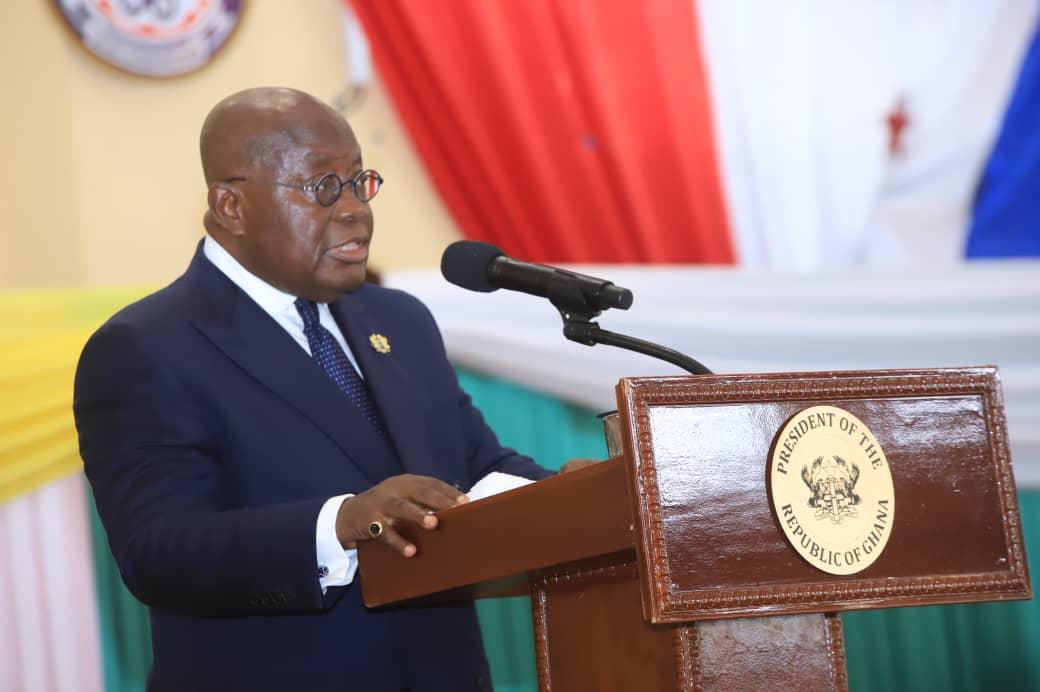

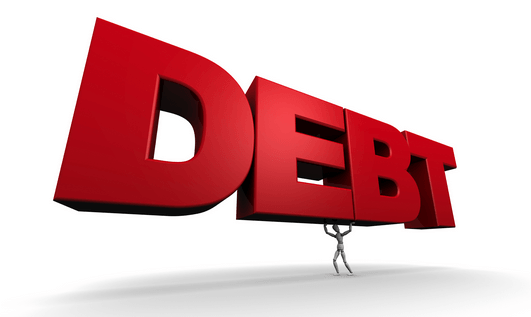





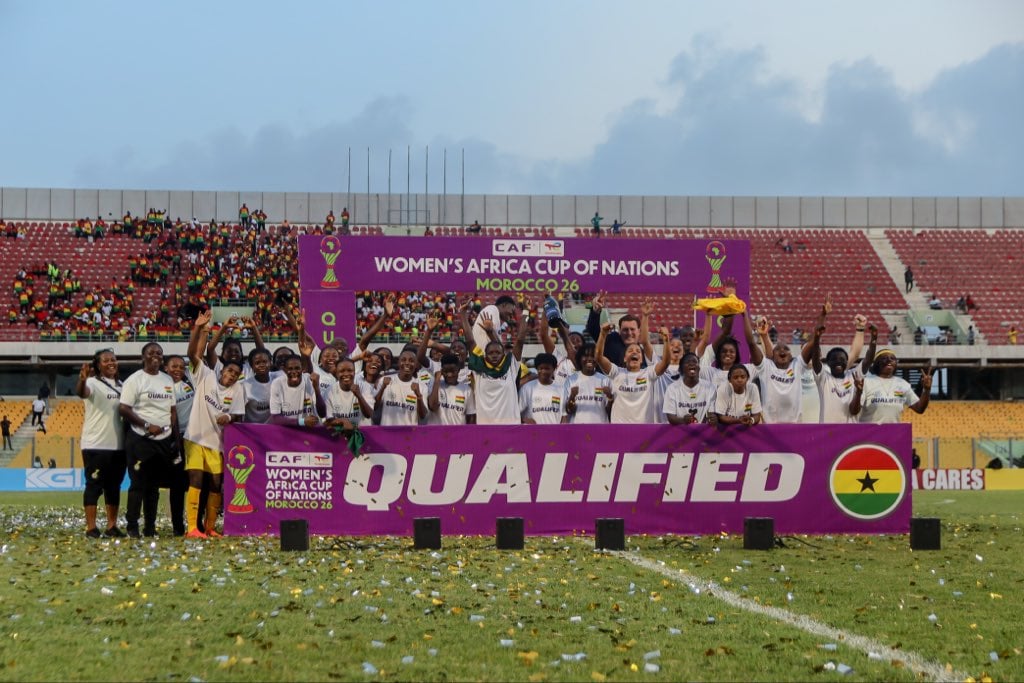

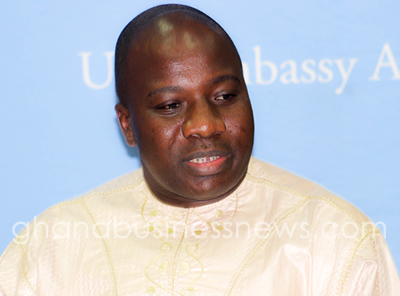




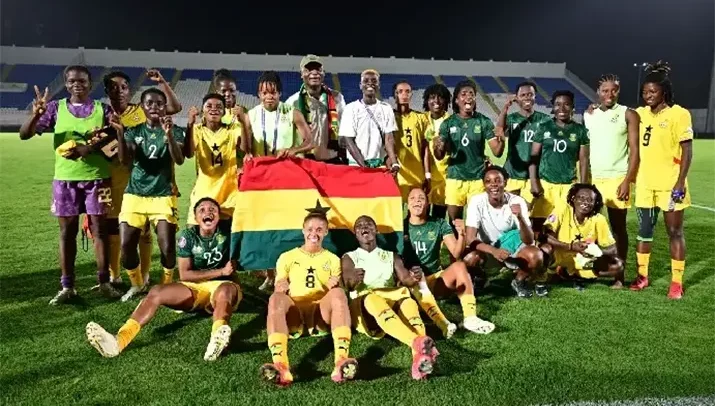

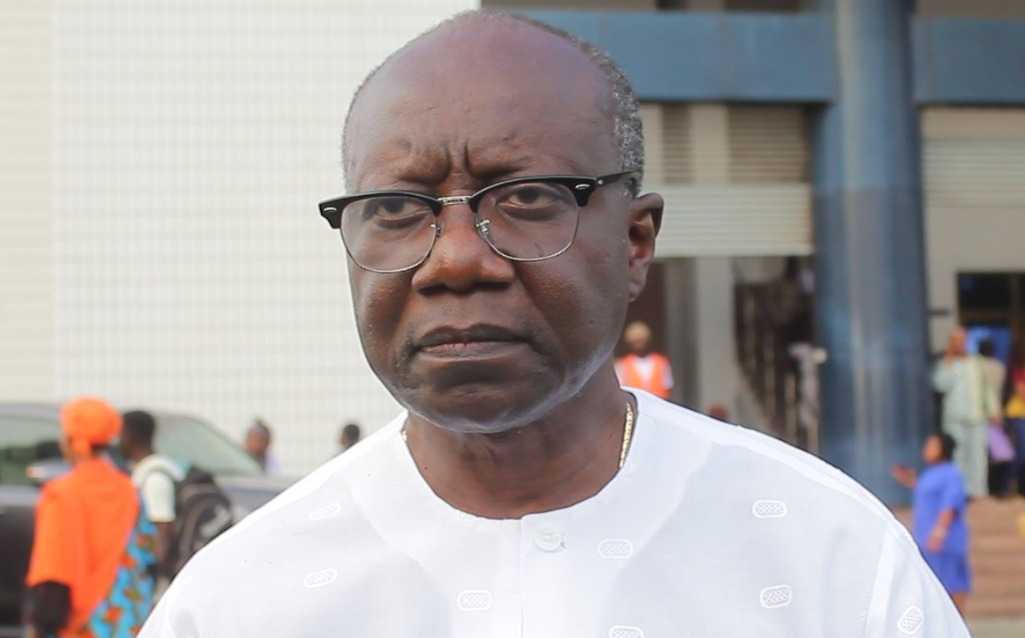
Facebook
Twitter
Pinterest
Instagram
Google+
YouTube
LinkedIn
RSS